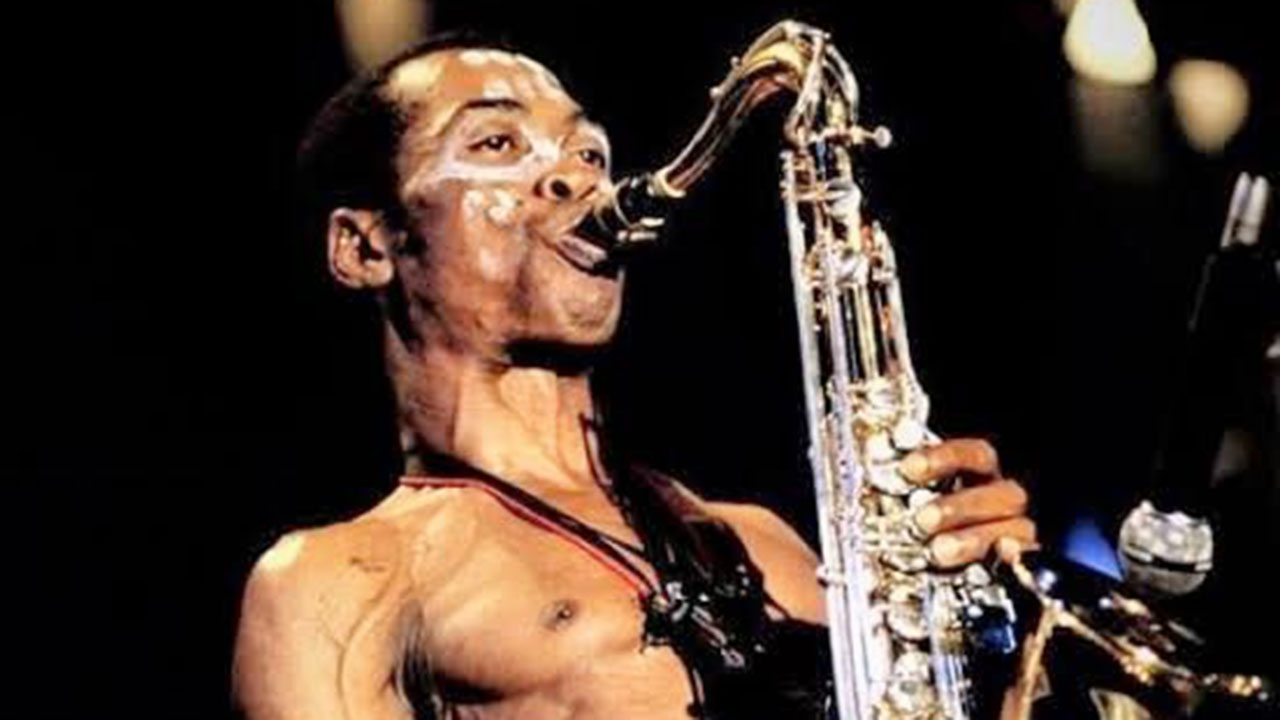• Nobel Laureate, Wole Soyinka, Endorses Project
Ifeanyi Igwebike Mbanefo and Dr. Rosemary Nwangwu are two visionary leaders who embody the spirit of innovation and dedication. Mbanefo, a seasoned journalist and oil and gas expert, has made a lasting impact in his field. As the founder of The Nigeria Prize for Literature and The Nigeria Prize for Science, he has fostered a culture of excellence and creativity. His impressive track record includes winning the Africa Prize for Crisis Communication in 2011.
Nwangwu, a renowned education specialist, has spent decades transforming lives through education. With expertise in rescuing out-of-school children and adult education, she has worked with esteemed organizations like UNICEF and UNESCO. Her passion for education has taken her to countries like Nigeria, Liberia, Sudan, and Iraq, where she has made a tangible difference.
What drives these two remarkable individuals is their shared passion for education, innovation, and making a meaningful impact. They are the driving force behind the Museums and Monuments Academy, a pioneering artificial intelligence company that brings history to life. By reimagining history, they make learning easy, fun, interactive, and immersive.
Recently, they launched a campaign to honour the heroic Igbo ancestors, a testament to their commitment to preserving cultural heritage and promoting education. Already, the project enjoys the support and endorsement of Prof. Wole Soyinka. The Nobel Laureate has thrown his immense stature and international weight behind this campaign. His endorsement has been instrumental in sensitising local, national, and international stakeholders about the significance of this event. Mbanefo, formerly the spokesman for NLNG, shares his insights with The Guardian.
What’s the story of Igbo Landing and why is it important?
THE Igbo Landing was a pivotal event in May 1803, where a group of Igbo slaves, faced with the prospect of slavery, chose death over bondage. They held hands together and walked back into the sea, singing songs to Omambala River. “The sea brought us, the sea will take us back,” they sang. Anambra State is a corruption of Omambala.
This courageous act of defiance has been etched in history for over two centuries, symbolizing the unbreakable will of Africans and serving as a powerful testament to the universal human quest for freedom and dignity.
The Igbo people had a reputation for resistance, and this was evident in the Haitian Revolution, where Igbo captives played a significant role. The Haitian slave revolt, which started in 1791 and ended in 1804, was a testament to the Igbo spirit of resistance.
The saying “Eoss penor aayo” in Haitian Creole, meaning “the Igbos hang themselves,” reflects the Igbo practice of choosing death by suicide rather than face the indignity of enslavement.
Was this a myth or fact?
It’s a fact, preserved by the Gullah Geechee people for 223 years. While the whites denounce it as a myth, the Gullah Geechee attests to it as fact. Archival evidence, including letters from slave owners and dealers, supports the event.
A letter from William Mein to Pierce Butler, dated May 24, 1803, states: “The negroes rose by being confined in a small vessel… The Negroes took to the marsh and they lost at least 10 or 12 in recovering them.”
The debate surrounding the event has raged for centuries, with some questioning the accuracy of the accounts. However, the testimony of the Gullah Geechee people and the historical records confirm the essence of the story.
The vessel that undertook the trip was named YORK, and the Georgia Historical Society has placed a marker commemorating the event at the Old Stables Corner.
What’s the importance of telling this story now?
The Igbo Landing event has become a symbol of resistance, representing a shared memory of the brutalities of slavery and the determination of enslaved people to resist their oppressors. It showcases the unbreakable will, courage, bravery, and determination of a people who fought for their freedom. This event is widely acknowledged as a catalyst and precursor to the famous American Civil Rights Movement.
By telling this story, we honour the legacy of the Igbo ancestors and promote a poignant message against cowardly acquiescence to evil.
We also recognize the importance of preserving cultural heritage and promoting social justice. The Igbo Landing event serves as a powerful reminder of the enduring spirit of resistance and the human quest for freedom and dignity.
us about Prof. Soyinka’s involvement?
Prof. Wole Soyinka, a Nobel Laureate, has thrown his immense stature and international weight behind this campaign. His endorsement has been instrumental in sensitising local, national, and international stakeholders about the significance of this event.
As a humanist, global figure, and public intellectual, he has used his platform to promote awareness about the Igbo Landing event and its significance.
Prof. Soyinka’s involvement has amplified calls for recognition, drawing the attention of leaders, historians, and human rights advocates globally. His voice carries moral weight, and his endorsement has been a game-changer in this campaign.
What do you want to achieve with this campaign?
We aim to acknowledge and memorialise the site of this event, providing a home for the spirits of the heroic Igbo ancestors. We’re seeking to acquire a plot of land or more on Dunbar Creek to honor their legacy. This initiative requires less than $300,000, a small price to pay for the dignity and respect these 75 heroic ancestors deserve.
In Igbo cosmology, a proper funeral and memorialisation are crucial. We’re urging our leaders to work together to ensure that these heroic ancestors receive the dignity and respect they deserve. Let us honor their legacy and promote a poignant message against cowardly acquiescence to evil.
Let us hold up their unbreakable Igbo spirit and will as a beacon to the world. We owe it to ourselves, our children, and future generations to act.
A powerful campaign is underway to give Igbo ancestors a befitting funeral after 223 years, with Nobel Laureate Prof. Wole Soyinka lending his influential voice to the cause. Prof. Soyinka’s endorsement has been instrumental in sensitizing local, national, and international stakeholders about the significance of this event and its relevance to shared history.
The campaign centers around the Igbo Landing, a historic site on St. Simons Island, Georgia, where enslaved Igbo people bravely resisted slavery by walking into the sea and drowning in May 1803. This event has become a potent symbol of resistance and freedom for both the Gullah Geechee people and the Igbo people.
The Gullah Geechee People and Their Connection to Igbo Landing
The Gullah Geechee people are an African American ethnic group living in the Lowcountry region of the United States, particularly in the coastal areas and Sea Islands of North Carolina, South Carolina, Georgia, and Florida. They are direct descendants of enslaved West and Central Africans, including Igbo people, who were forcibly brought to the Americas during the transatlantic slave trade.
The Significance of the Igbo Landing
The Igbo Landing is a site of immense historical and cultural significance, representing a shared memory of the brutalities of slavery and the determination of enslaved people to resist their oppressors. A memorial will serve as a reminder of the brutalities of slavery and the resistance of enslaved people, providing a space for reflection on the significance of this event and its relevance to contemporary social justice and human rights issues.
Befitting Funeral Rites
In Igbo culture, a befitting funeral is crucial for the deceased to transition peacefully to the afterlife. Traditional Igbo funeral rites include: Community Involvement: Shared celebration and grief, reflecting the importance of community. Burial (Ikwa Ozu): A ceremony to ensure the dead person’s spirit finds solace, often held days, months or years after burial. Rituals for Spirit: Pouring libations, breaking kolanuts, and other sacrifices to honor the deceased and protect the living.
Memorialization of the Site
To honour the Igbo ancestors and the site of resistance, the campaign aims to: Erect a Historical Marker: A marker was unveiled on May 24, 2022, at Old Stables Corner on St Simons Island, Georgia by Georgia Historical Society. Preserve Cultural Heritage: Recognize and honor the history of the Igbo Landing, preserving the cultural heritage of both the Gullah Geechee people and the Igbo people.
Promote Education: Incorporate the history of Igbo Landing into school curricula, ensuring future generations understand the significance of this event. Joining the Campaign: Individuals can join the campaign by: Spreading Awareness: Sharing information about the significance of the Igbo Landing and its importance. Educating Leaders: Informing those in power about the event’s relevance and urging them to take action and Supporting the Effort: Contributing to the provision of a befitting burial for the heroic ancestors and memorialisation of the site.






